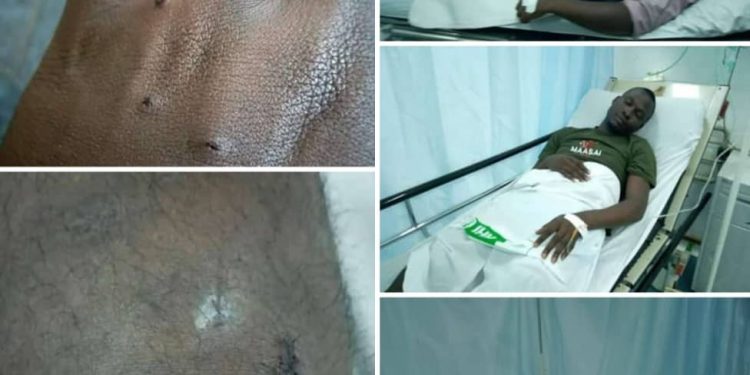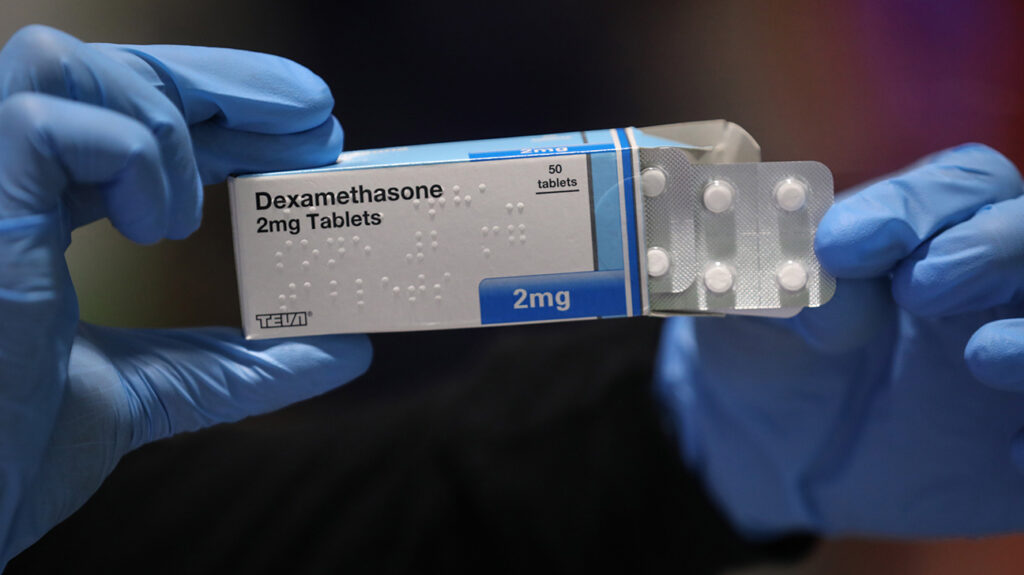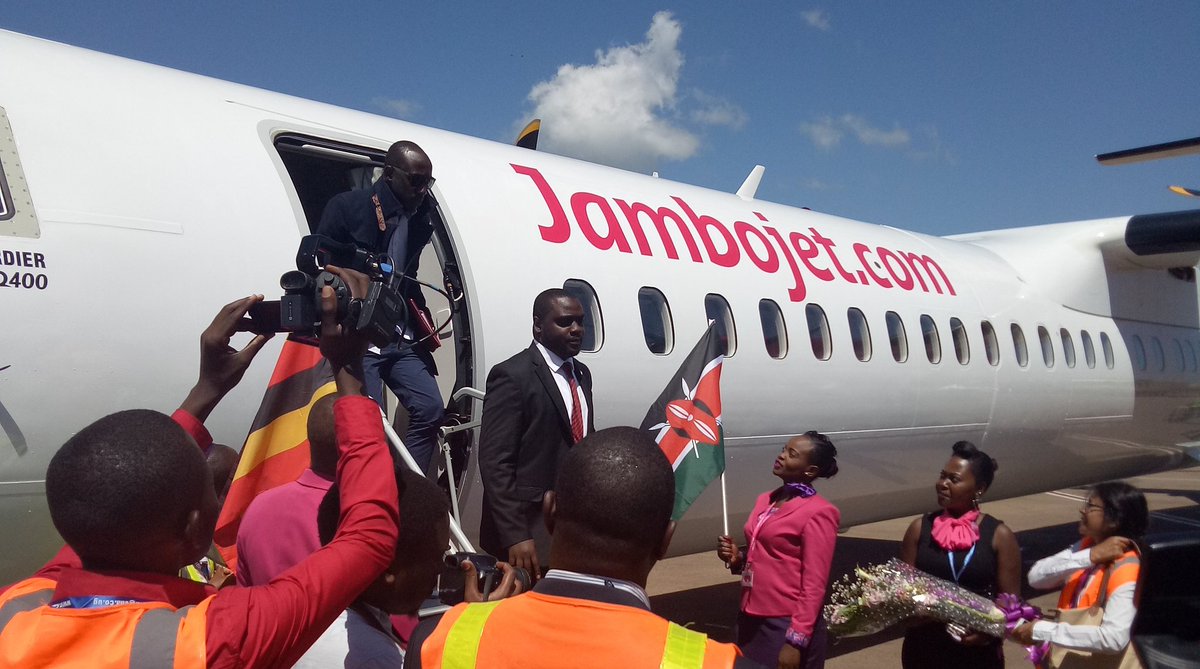Under their umbrella body, the Uganda Journalists Association(UJA) , journalists have announced a boycott of all Police activities over brutality served out to them while covering protests by Makerere University students over the 15% tuition increment.
Journalists deployed to cover the protests by students against the 15% tuition increment are the latest victims of police brutality with Daily Monitor’s Alex Esagala, Godfrey Tumwesigye(NTV) , Chris Ssemakula(BBS TV) and Lawrence Kitatta from Bukedde newspaper falling prey to the police officers, and suffering major injuries.
Addressing a news conference on Thursday, UJA president Bashir Kazibwe said it is high time journalists stood their ground to denounce brutality meted to them by Police and her sister agencies.
“We should not continue giving them publicity when at the same time they are at the helm of brutalizing, beating, maiming and nearly killing members of the fourth estate,” Kazibwe said.
This is not the first time journalists announce a boycott on Police activities but according to their president, media owners ought to be part of the sit down strike.
“We are sending this message to managers of the different media organisations to be part of the struggle. It is a struggle geared towards protecting the rights of the media practitioners across the country,” he noted.
The journalists’ body announced they would on Monday be petitioning the Inspector General of Police, Martin Okoth Ochola and the Speaker of Parliament, Rebecca Kadaga over Police brutality.
On Wednesday, for a second consecutive day, journalists were assaulted by police officers while covering the protests at Uganda’s oldest University, Makerere University.
Human Rights Network for Journalists national coordinator, Robert Ssempala on Wednesday said police had failed on its mandate of protecting citizens, journalists inclusive.
“The police is failing in its mandate,” Ssempala said.
However, Kampala Metropolitan Police spokesperson, Patrick Onyango claimed that journalists were distant from Police officers and got caught up in the teargas catastrophe, other reports also state that the police didn’t harm any journalists, and that the people in plain clothes were acting on their own.
“We always advise journalists that in this kind of operation they should move near us because teargas does not discriminate,” Onyango said.
He also noted that Police does not know the “plain clothed” people who beat up journalists.
““I am not aware of that incident, and it was not brought to my attention. The incident of some people who are in plain clothes, I am not aware of them and I don’t know them and we don’t know them,” he said.
















